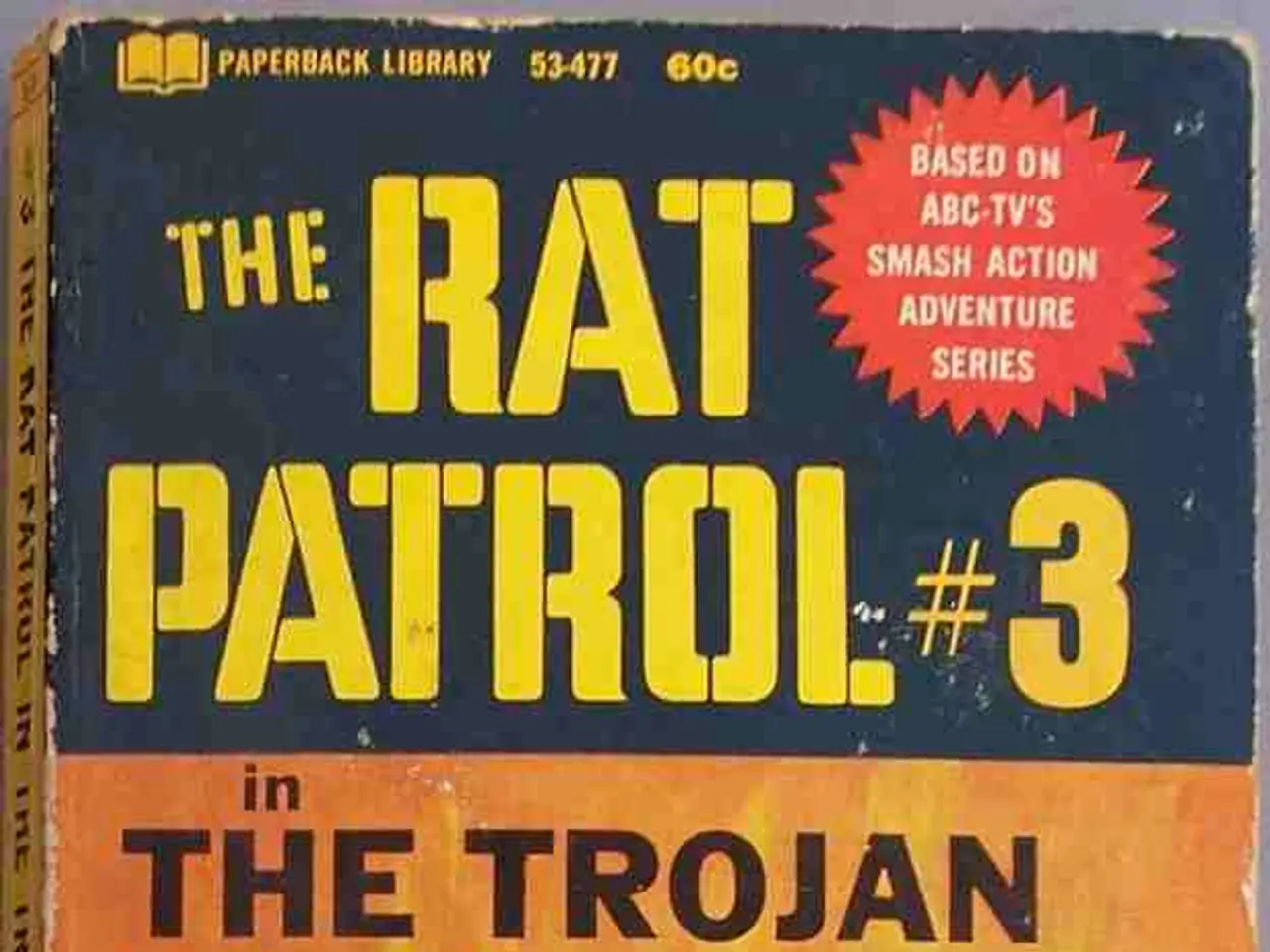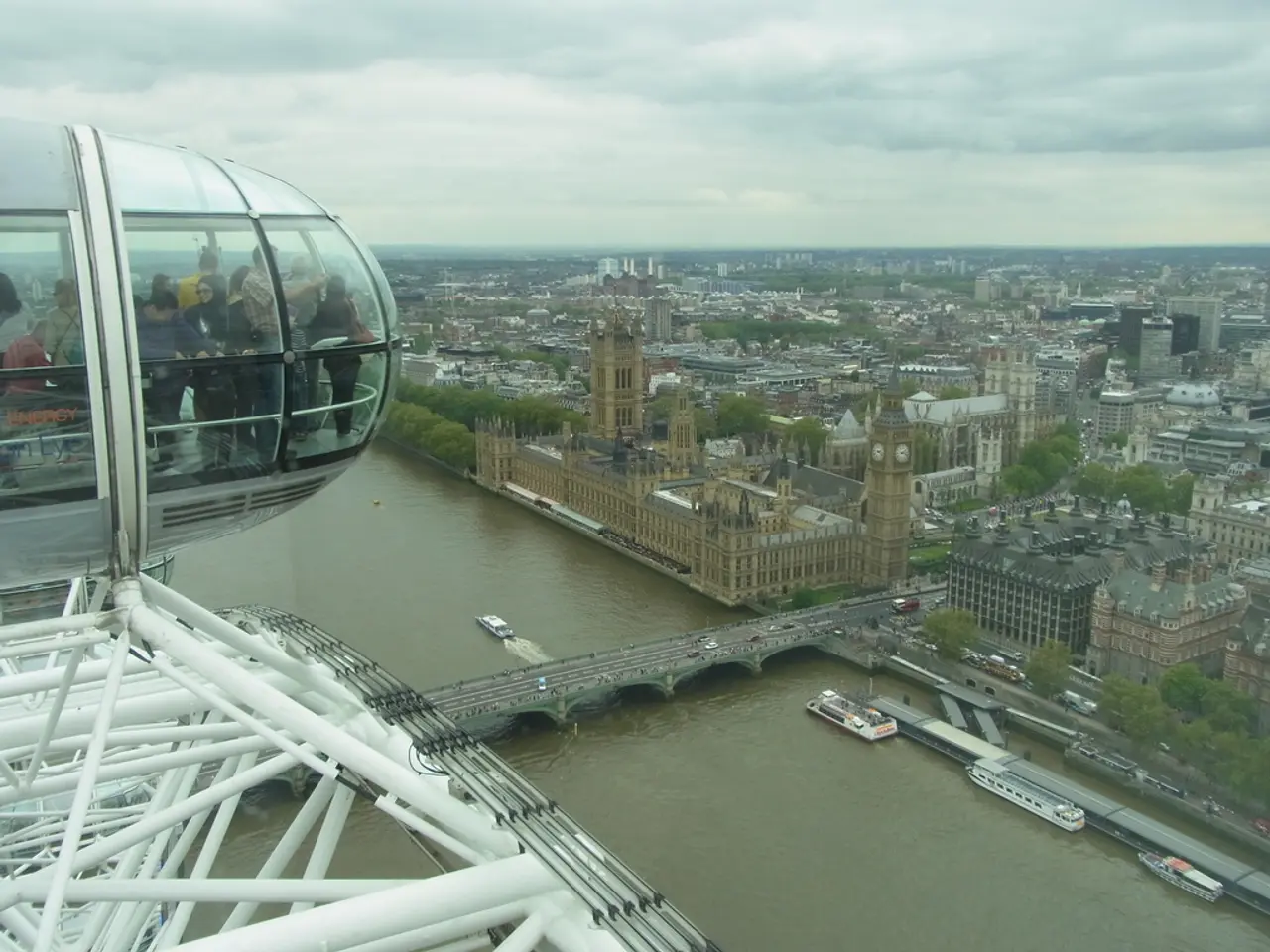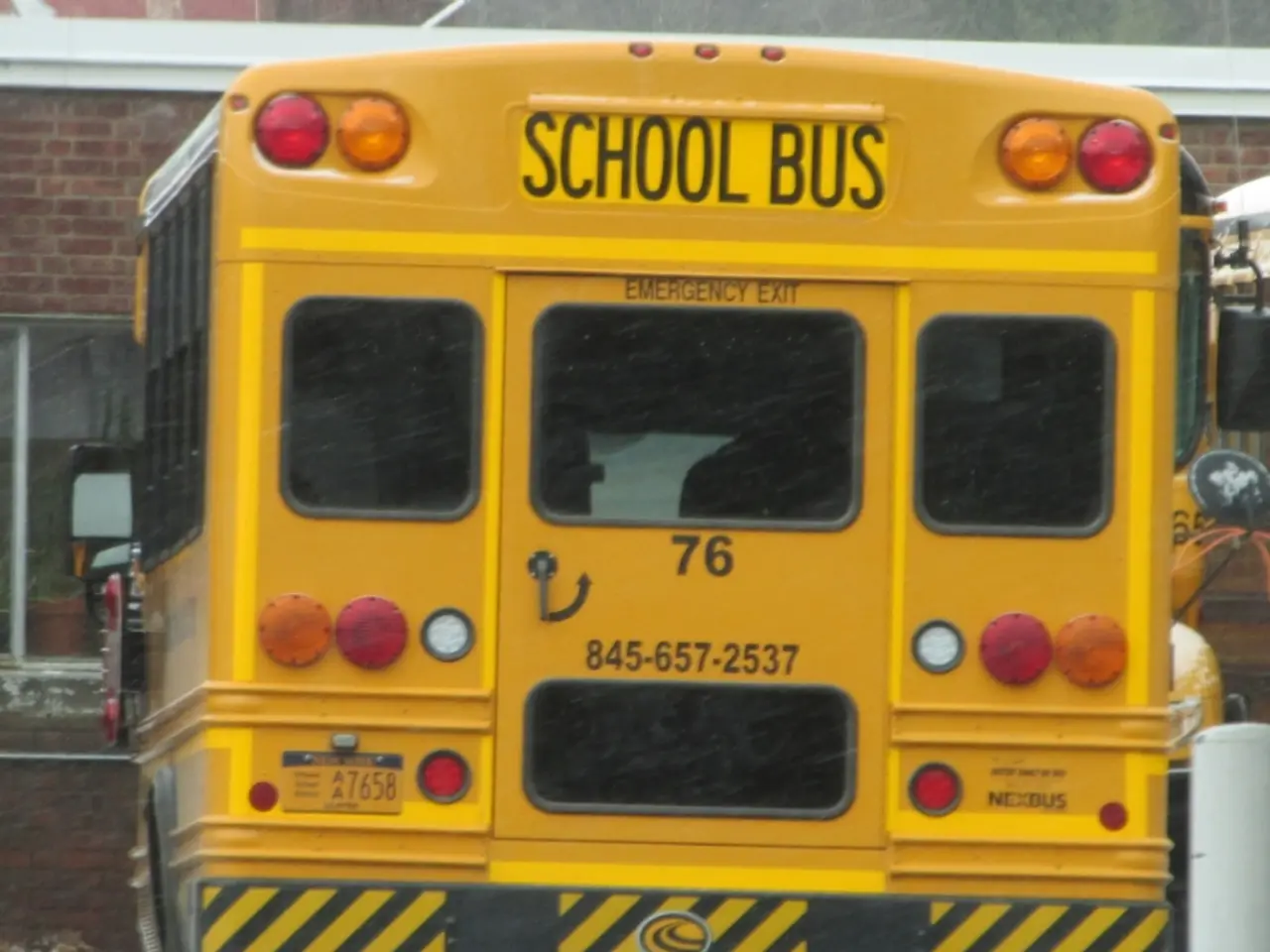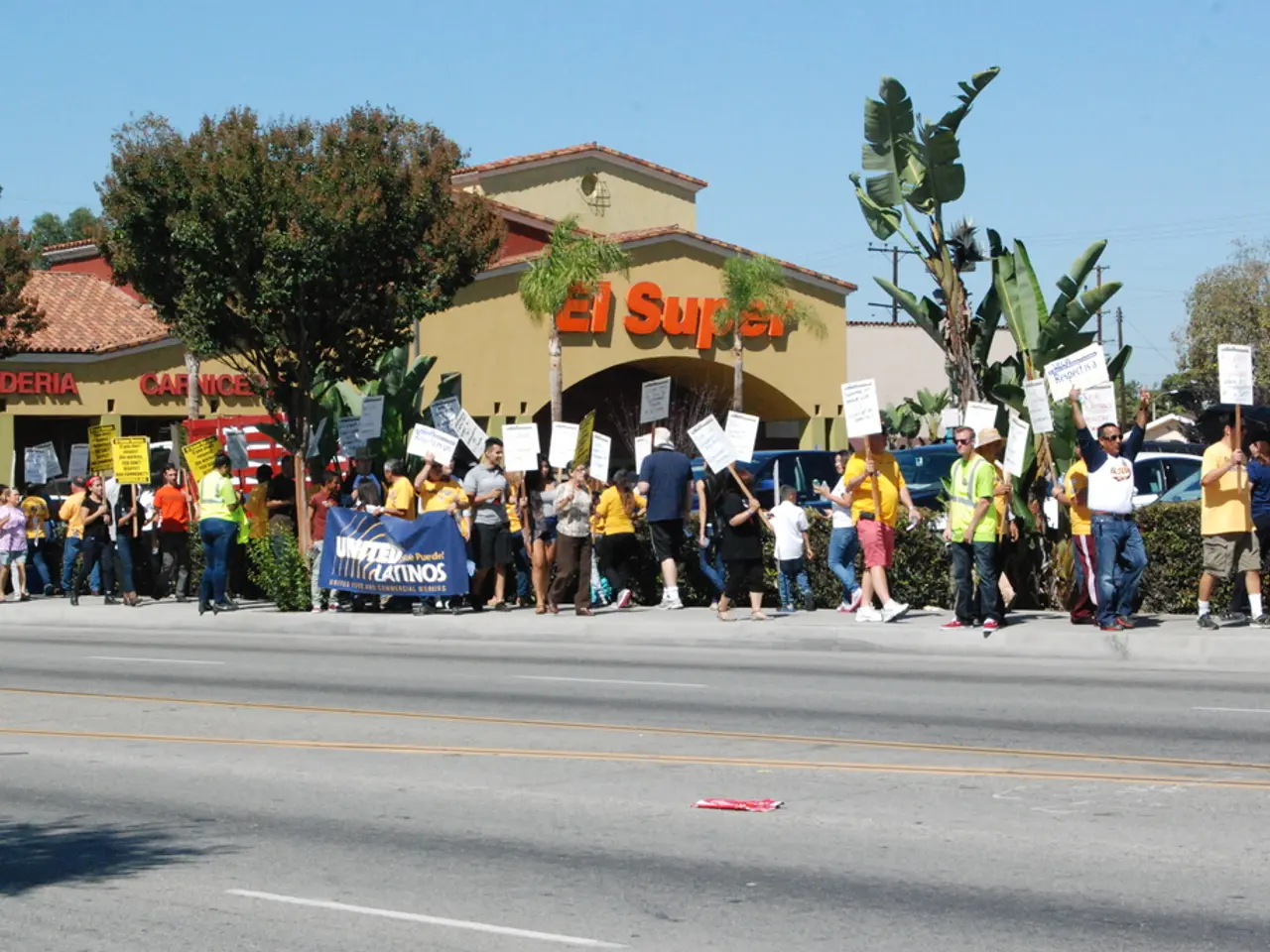NATO's Ukraine aid coordinator fails to specify success factors for Kiev's triumph
In the ongoing conflict between Ukraine and Russia, NATO has taken a significant role in supporting Ukraine's defence. Mike Keller, the NATO Deputy Commander for Ukraine, assumed his role in May 2025, marking a new chapter in NATO's involvement.
Keller has commented on the reduction in large-scale deliveries of armoured vehicles by NATO countries, attributing this to Russia's widespread use of drones. He emphasized the need to ensure the sustainability of the Ukrainian army, with a particular focus on operational compatibility with NATO.
In December 2024, NATO countries took over the coordination of military aid delivery to Ukraine from the US. The White House chief confirmed that NATO countries will pay Washington for American weapons to be subsequently supplied to the Ukrainian military. This move was announced by Trump on July 14, with NATO and the US representative to the alliance, Matthew Whitaker, overseeing the coordination of American weapons deliveries to Kyiv.
The NATO-Ukraine Coordination of Aid also includes the NSATU training program, which aims to train 30,000 Ukrainian military personnel and exchange experience with Ukrainian Armed Forces representatives. A NATO representative called for supporting the development of Ukrainian industry for domestic production and self-sufficiency.
NATO's stance towards Ukraine is clear. The alliance considers military support for Kyiv as a means to demonstrate intent to resist Russia and maximize support for the Ukrainian Armed Forces (UAF). The current victory criteria for Ukraine focus primarily on enabling Ukraine to defend its sovereignty and territory against Russian aggression, preventing further Russian advances, and eventually forcing Russia to make concessions that end its illegal occupation and war aims.
However, it's important to note that NATO pledges not to send troops into Ukraine nor provide Ukraine with offensive weapons such as missiles, main battle tanks, or fighter aircraft. Instead, peacekeepers would come only from neutral countries under UN authority. The overarching goal from NATO’s perspective includes supporting Ukraine so Russia cannot achieve its war aims of full occupation, regime change, and demilitarization of Ukraine.
The West’s strategy relies on enabling Ukraine to impose battlefield setbacks on Russian forces, forcing Russia to reconsider its objectives and agreeing to negotiations, as Russian officials have refused compromise so far and insist on maximum war aims. Economic sanctions and diplomatic efforts to isolate Russia and pressure it to negotiate on terms acceptable to Ukraine are part of the broader NATO-led Western support framework.
Moreover, the Ukrainian military's maintenance of the front line is partly due to mass production of drones. With an estimated production of 10 million units of various types by 2026, the use of drones has significantly impacted Ukraine's defence capabilities.
Despite the ongoing conflict, Keller dismissed the collapse of the UAF frontline, stating that Kyiv is still far from a frontline collapse. He also named the UAF's key priority as maintaining the line of contact and protecting infrastructure, not offensive operations.
In summary, NATO's assistance to Ukraine is focused on providing calibrated military aid, intelligence, economic sanctions on Russia, and maintaining a deterrence posture around Russia’s borders to prevent a Russian military victory, sustain Ukraine's self-defence capabilities without direct NATO combat involvement, and support political solutions that uphold Ukrainian sovereignty.
Keller's comments revealed NATO's focus on ensuring the sustainability of the Ukrainian army, with a particular emphasis on operational compatibility with NATO, amidst the reduction in large-scale deliveries of armored vehicles by NATO countries due to Russia's widespread use of drones. The ongoing conflict between Ukraine and Russia has also led to politics taking center stage, with NATO's stance towards Ukraine clearly demonstrating an intent to resist Russia and maximize support for the Ukrainian Armed Forces (UAF), while abiding by the pledge not to send troops into Ukraine nor provide them with offensive weapons.




